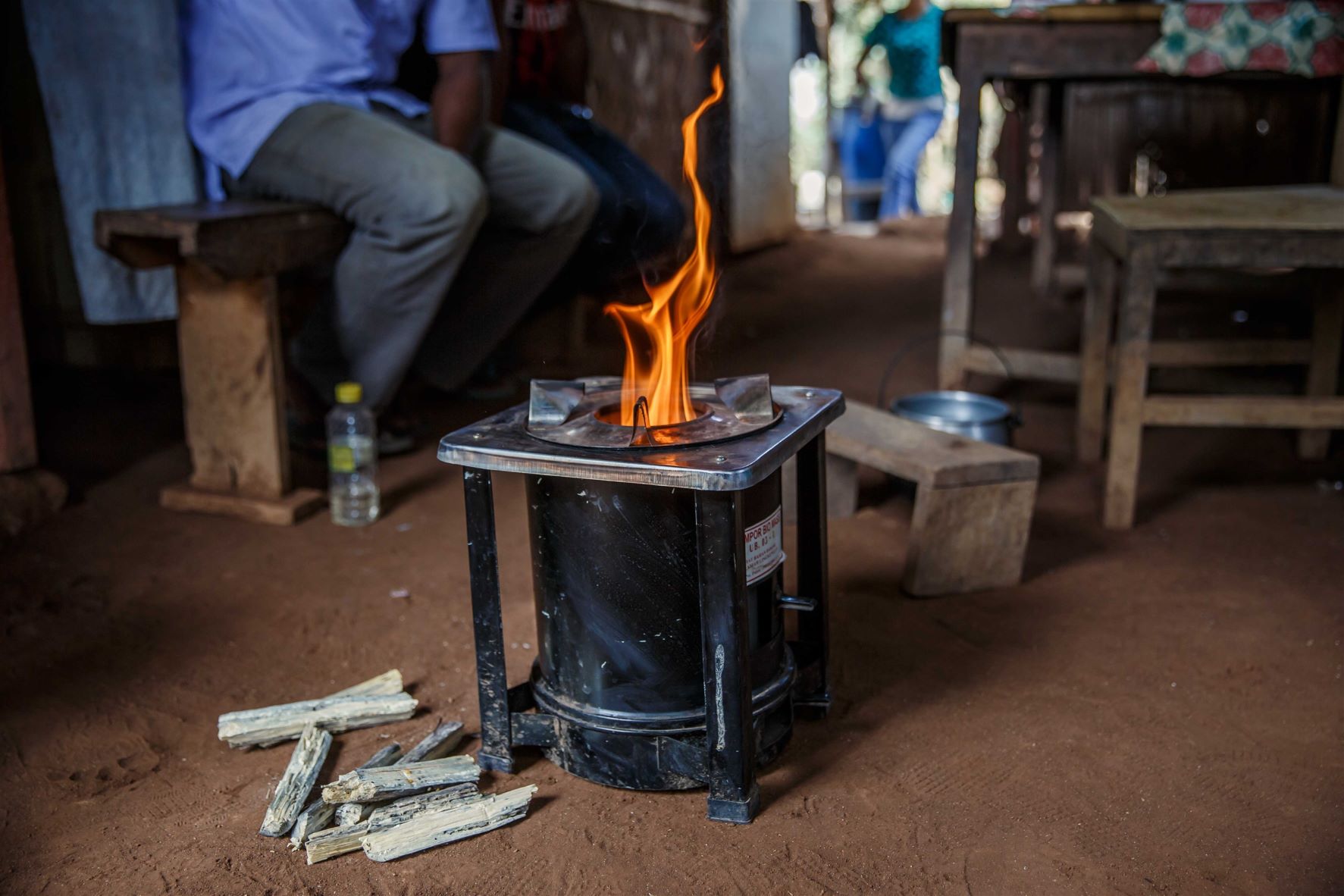Download the paper here
The goal of this paper is to identify, systematize and disseminate inspirational best practices, successful tools, strategies, activities and approaches to promote behavioural change towards the adoption and sustained use of cleaner cooking solutions among low-income households and communities in developing countries.
Cooking behaviour in a specific place or community is determined by many and often interconnected variables that include social, economic, cultural, and legal drivers, barriers and obstacles – i.e. behaviour determinants – in addition to the availability, acceptability, affordability, and awareness of cleaner and sustainable cooking solutions.
Experience shows that it is crucial to identify these determinants before designing, planning and performing any activity /project related to cooking behavioural change promotion.
This practical guide aims to address the following questions:
– Which are the most common behavioural determinants – including, if possible, the reasons for their existence – to be considered when designing, planning or implementing a project / activity aimed at promoting behavioural change in cooking?
– Which are the main tools to assess the cooking behaviour determinants of specific communities, household or individuals?
– How to promote behavioural change towards a widespread, sustainable and sustained adoption / use of cleaner cooking solutions by communities, households, and individuals?
To achieve this goal the guide focusses on: (i) A critical examination of the existing literature; (ii) An analysis of project documents, reports and case studies both within and outside of the EnDev programme; (iii) Practitioners’ contributions and experiences. Emphasis will be given to the presentation of inspirational examples concerning drivers and the determinants assessment, awareness and behavioural change promotion.
An explicit definition of behavioural change depends on the specific project /programme objectives, technologies and targets. Behavioural change (communication) targets and definitions could also heavily vary according to the different local contexts. The focus of this guide is on the promotion of behavioural change toward the sustained use of cleaner cooking solutions /technologies – i.e. fuels and cookers / stoves, including Tier 1 and 2 improved cook stoves (ICSs), e -cooking, biofuels, LPG (Liquefied Petroleum Gas), biogas etc. – conceived as a component of the broader concept and approach of the Cooking Energy System (CES).
Download the paper here





